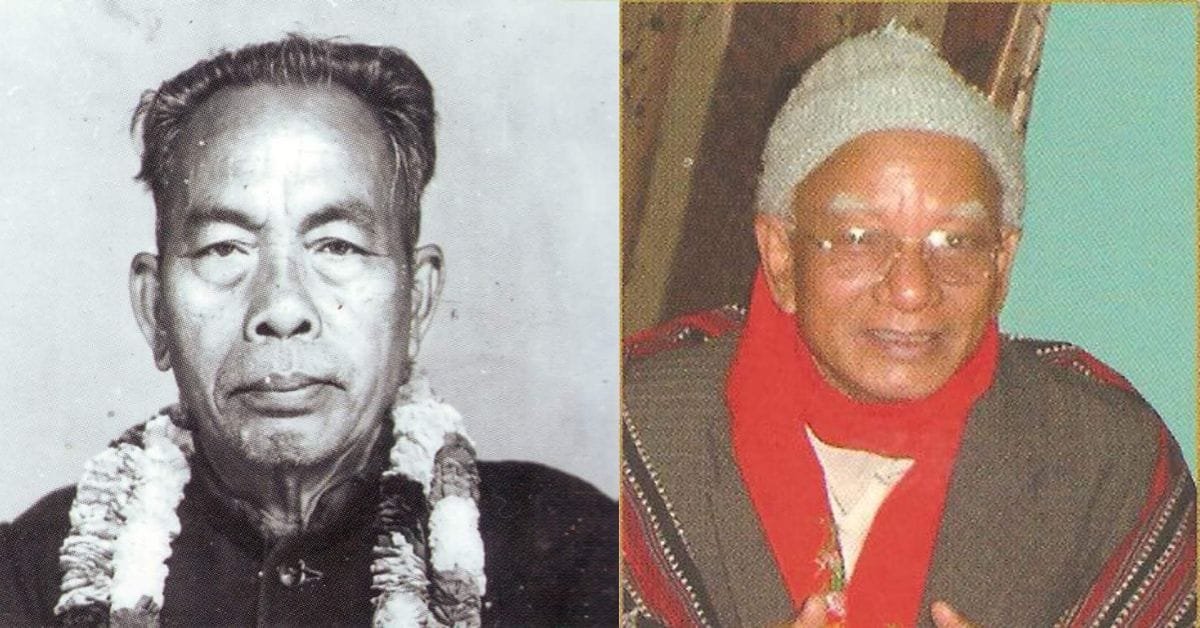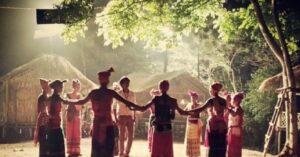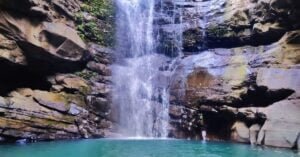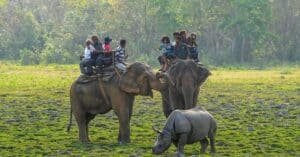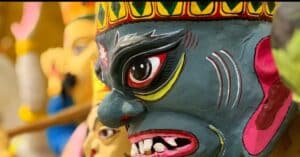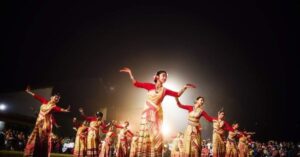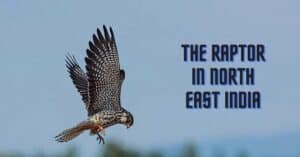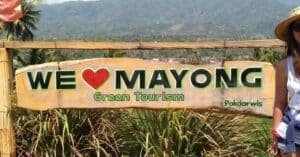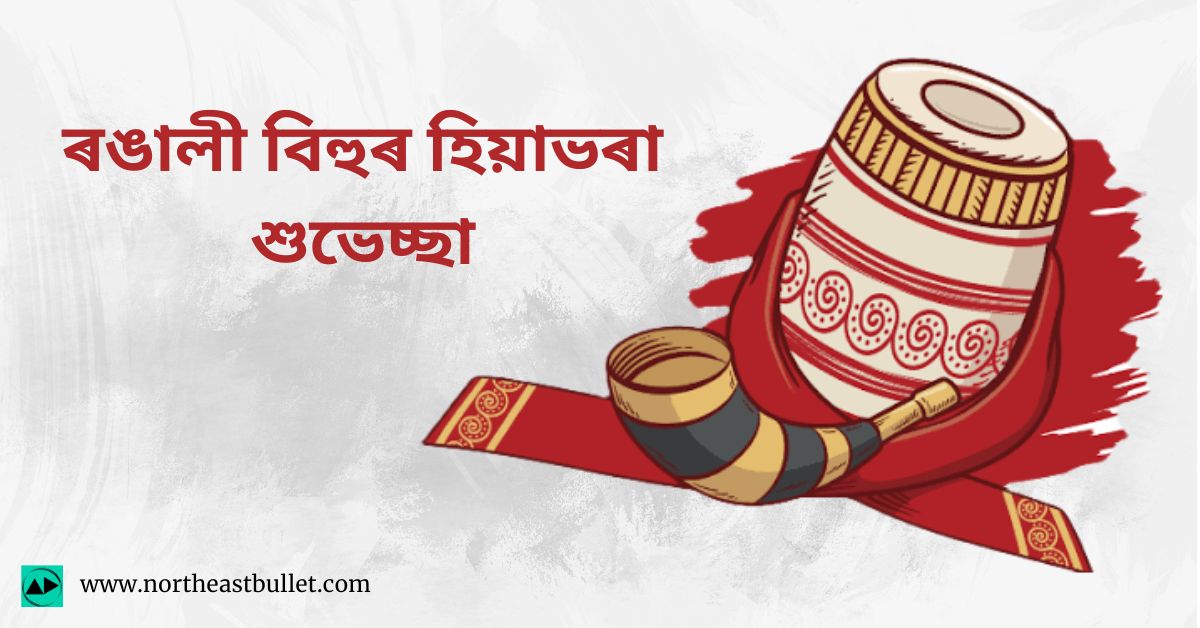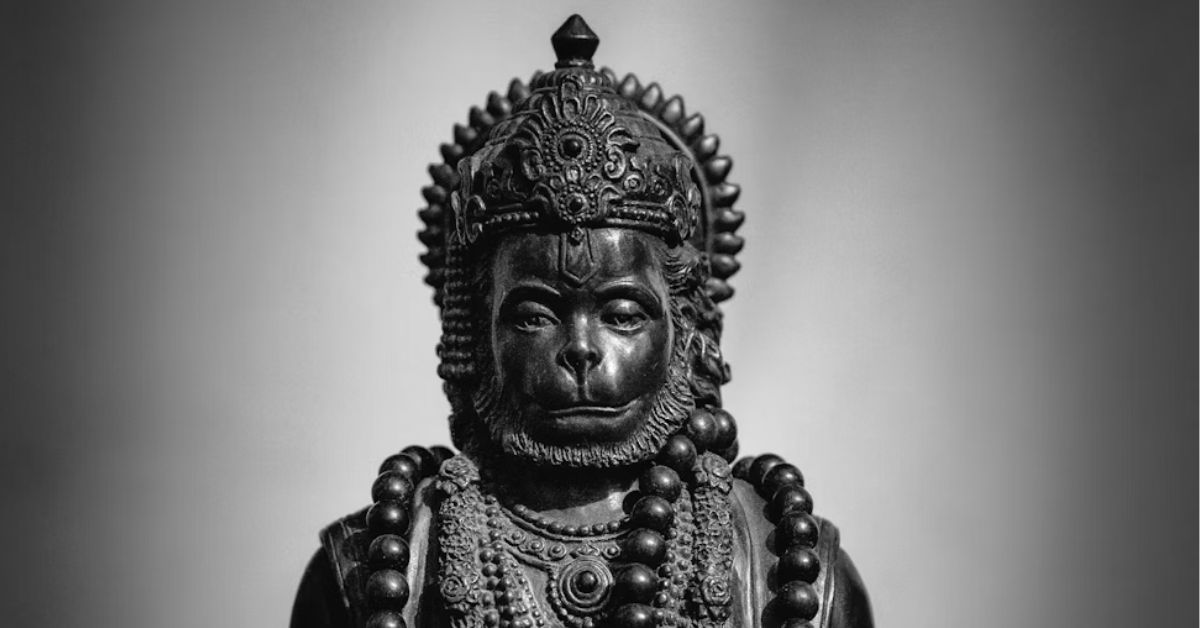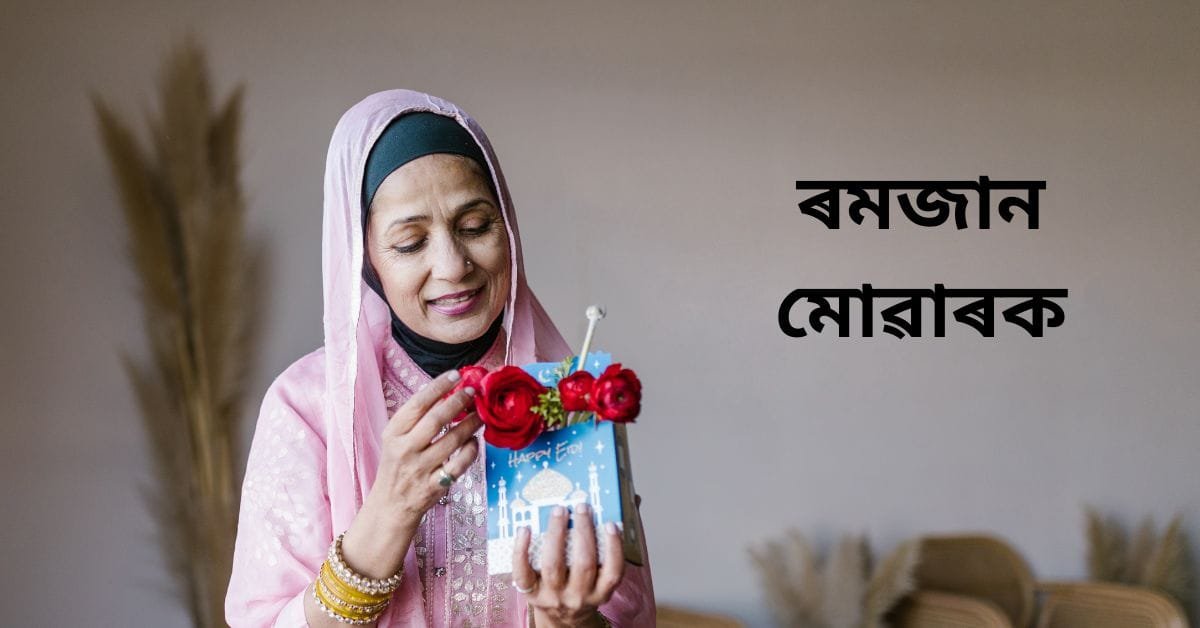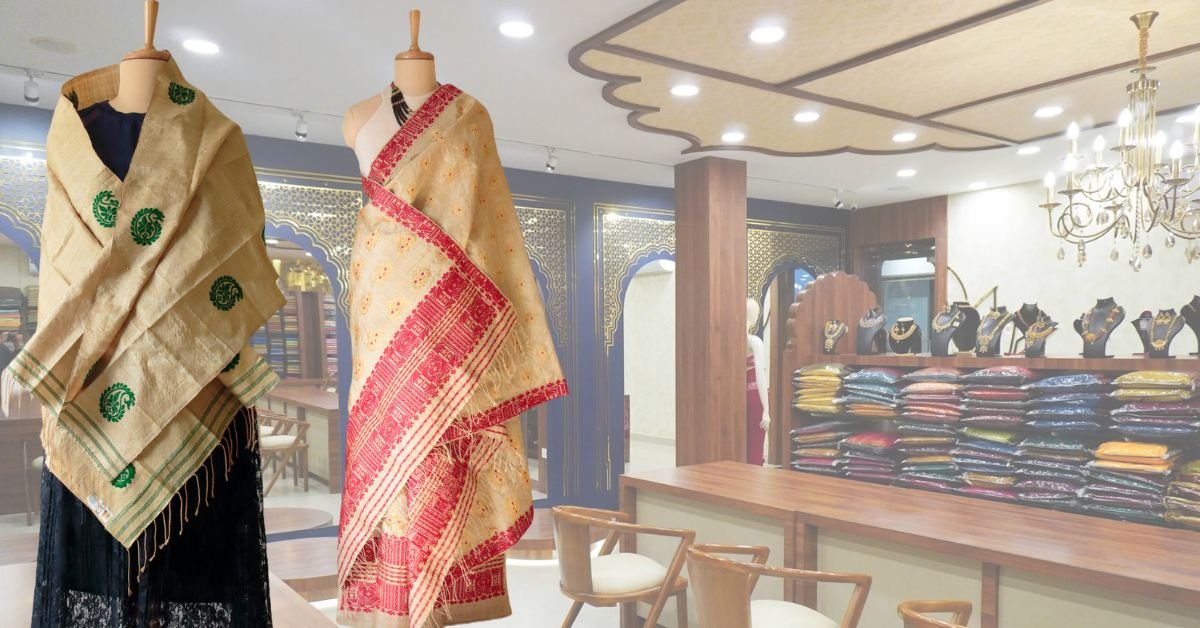Karbi literature is a reflection of the rich cultural and linguistic heritage of the Karbi people of Assam. It embodies a unique blend of oral traditions, folklore, and written narratives that have evolved over generations. This blog delves into the lives and works of prominent scholars who have dedicated themselves to the preservation and expansion of Karbi literature.
Semsonsing Ingti
He is a great visionary of Karbi Tribe and Karbi literature. He was born on 8 February 1910 in Tika Hills, West Karbi Anglong. His father was Thenkursing Inti and his mother was Ruth Madhavi (Kazir Timupi). He began his education at Golaghat Mission School in 1916 and passed his matriculation examination from Bezbarua High School, Golaghat. He studied at Cotton College, Guwahati for higher education but his studies were incomplete due to the freedom movement. He passed the final examination with distinction from Murari Chand College, Sylhet in 1933. Thus, Semsonsing Ingti became the first Karbi graduate. After graduating, he taught at Bezbarua High School, Golaghat. In 1933, when the Mikir Hills Track was formed, the British Government called him and in 1934 he was appointed as a Deputy Inspector in the Education Department of Nagaon District. He himself wrote several Karbi language textbooks and taught them as additional textbooks in Assamese medium schools. His books include Bitus Akitap (বিতুছ আকিতাপ), Kalakha Akitap (কালাখা আকিতাপ’), Tempuru and Wopi (তেমপুৰু আৰু ৱপী).
Samsing Hanse
Samsing Hanse is a writer, poet, lyricist, novelist, film producer, politician and literary lover. He was born on 18 April 1948 in Panditghat or Arhikelk village under Sarubat Mouza in Nagaon district. His father was Joysing Hnase and his mother was Kaet Teranpi. In his childhood, the family left the old place and moved to a place called Hankram and settled there permanently. He began his education at Hankram Primary School. He later attended Tika Middle English School and Kampur Middle English School. He was admitted to Diphu Government Boys’ School but failed the entrance examination and joined the army. He resigned from his job after three years and passed his high school examination from Baithalangs Higher English School. He graduated in 1973 from the University of California, Berkeley.
He wrote and published several books in Karbi and Assamese languages for the development and promotion of language and literature. These include ‘Bhitrat Nam Tai Haimu (ভিতৰত্ নাম তাই হাঈমু)’, ‘Karbi Love Songs (কাৰ্বি প্ৰণয়ী গীত)’, ‘Sabin Alun (ছাবিন আলুন)’ (Karbi Ramayana), ‘Kumlin (কুমলীন)’, ‘Romi’s Handful of Karbi Poems’ (translation) and ‘Ser Hanjeng (ছেৰ হনজেং)’ He was the General Secretary of Karbi Lamet Ameir (A Karbi Literary Society/ Karbi Sahitya Sabha) in 1983-84 and President of the Karbi Lamet Ameir in 1984-8
He was elected from Diphu constituency in the 1985 Assembly general elections and became a Cabinet minister in the Assam Cabinet. He passed away on January 13, 1998, leaving everyone dead.
Bonglong Terang
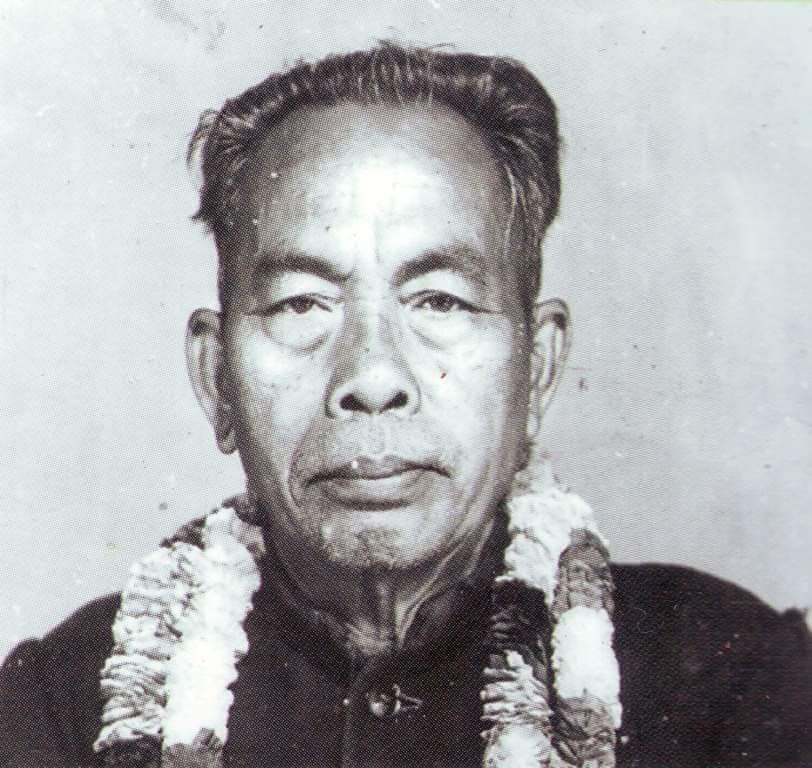
Bonglong Terang was born on 10 October,1909 in Nihanglangs near the Dilai River. He introduced the first written form of Karbi literature. His father’s name was Sir Terang and his mother’s name was Kareng Tichpi. He began writing literature at the age of 13. His books include Word Book, Adam Asar (Marriage Rules), Rukasen (ৰূকাছেন), Haimu (হাঈমু), Ser Hantham (ছেৰ হংথম), Karbi Kapuson (কাৰ্বি কপুছন), Karbi Cha Cha Range (কাৰ্বি চ চ ৰংজে), Aran Ateng (আৰণ আতেং), Ronglin (ৰংলিন), Sir Alun (ছাৰ আলুন), and Sir Lamsam (ছাৰ লামছাম).
In 1973, he was awarded the Pioneer Person of Karbi Literature Award by the Karbi Sahitya Sabha. He was awarded a one-time stipend and a literary pension by the Government of Assam. He passed away on 17 July, 2001.
Lankam Terang
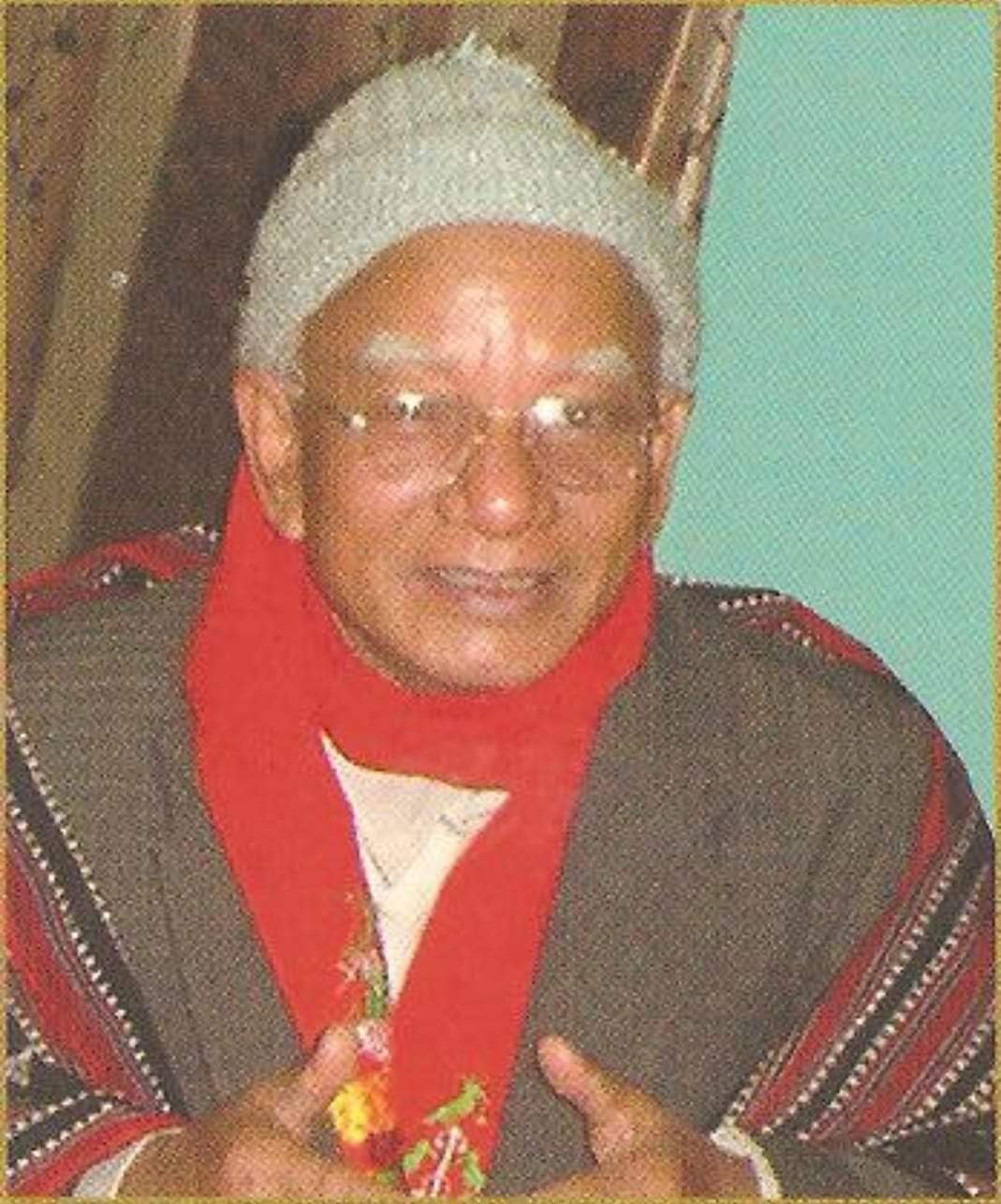
Lankam Terang was born in 1932. His father’s name is Dipl Teran and his mother’s name is Kachai Hanchepi. In 1957, she married Kache Ranghangpi. In 1964, he was appointed as the Public Relations Officer of Mikir Pahar Zila Parishad. He was also the General Secretary and President of the Karbi Adarbar. He was the founding president of the Karbi Sahitya Sabha and Vice-President of the Assam Sahitya Sabha at the 1986 Kampur session. He has written, compiled and translated 41 books. His books include Rang Keseng (ৰং কেছেং’), Tamahidi (টামাহিদি’), Kitap Kimi (কিতাপ কিমি), Karbi Lamkuru (কাৰ্বি লামকুৰু), Karbi Janagosthi (কাৰ্বি জনগোষ্ঠী), Karbi Lamkuru-Lamseng (কাৰ্বি লামকুৰু-লামছেং), Karbi Bhashar Parichay (কাৰ্বি ভাষা পৰিচয়), Karbi Lamtasam (কাৰ্বি লামতাছাম), etc.
Rongbong Terang
Rongbong Terang, a distinguished literary figure from Assam, India, is celebrated for his impactful contributions to both Assamese and Karbi literature. Best known for Rongmilir Hanhi (1981), which earned him the prestigious Padma Shri Award, Terang’s career spans teaching, scholarship, and leadership. He served as an Assamese teacher at Diphu Govt. Boy High School and later as a lecturer and Principal-in-charge at Diphu Govt. College, retiring in 2002. Terang also held the presidency of Asam Sahitya Sabha for two terms. His accolades include the Lifetime Achievement award at Pratidin Achiever Award 2021, the Lummer Dai Award (2019), and an Honorary DLitt from Cotton University (2022). His literary works include Srimad Bhagawad Gita (1986), Neela Orchid (2001), and Krantikalar Ashru (2005).

